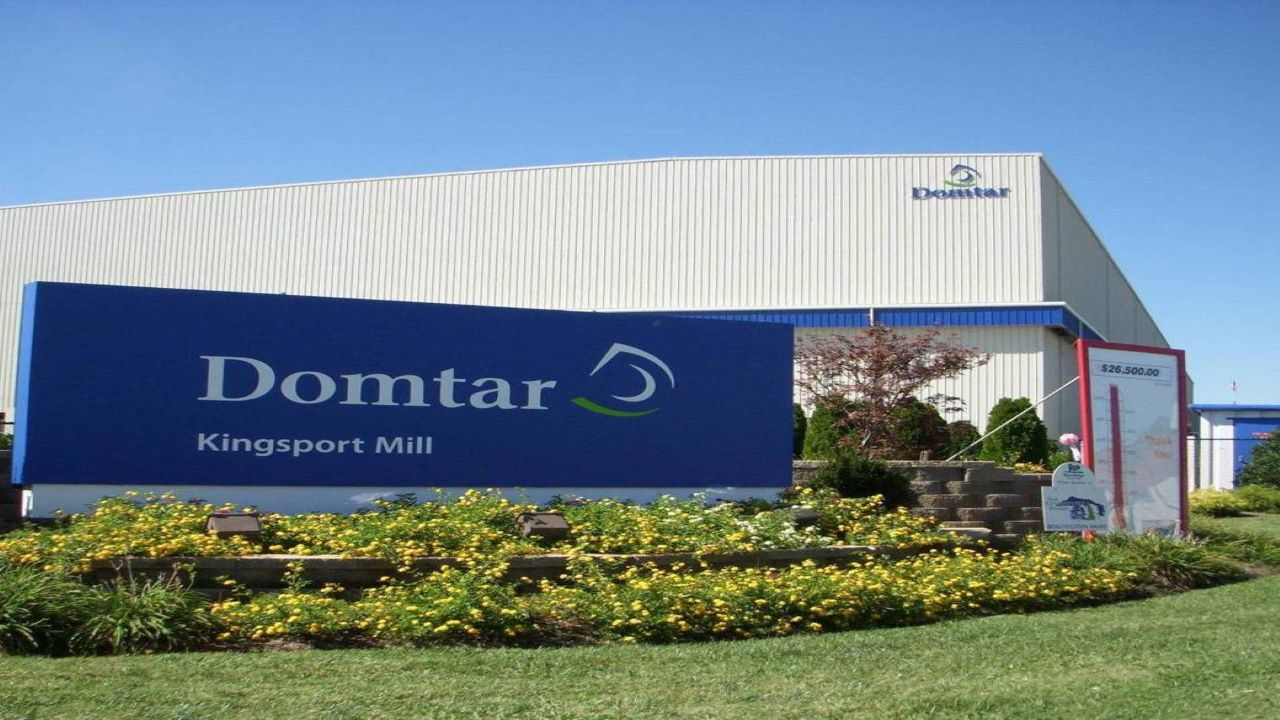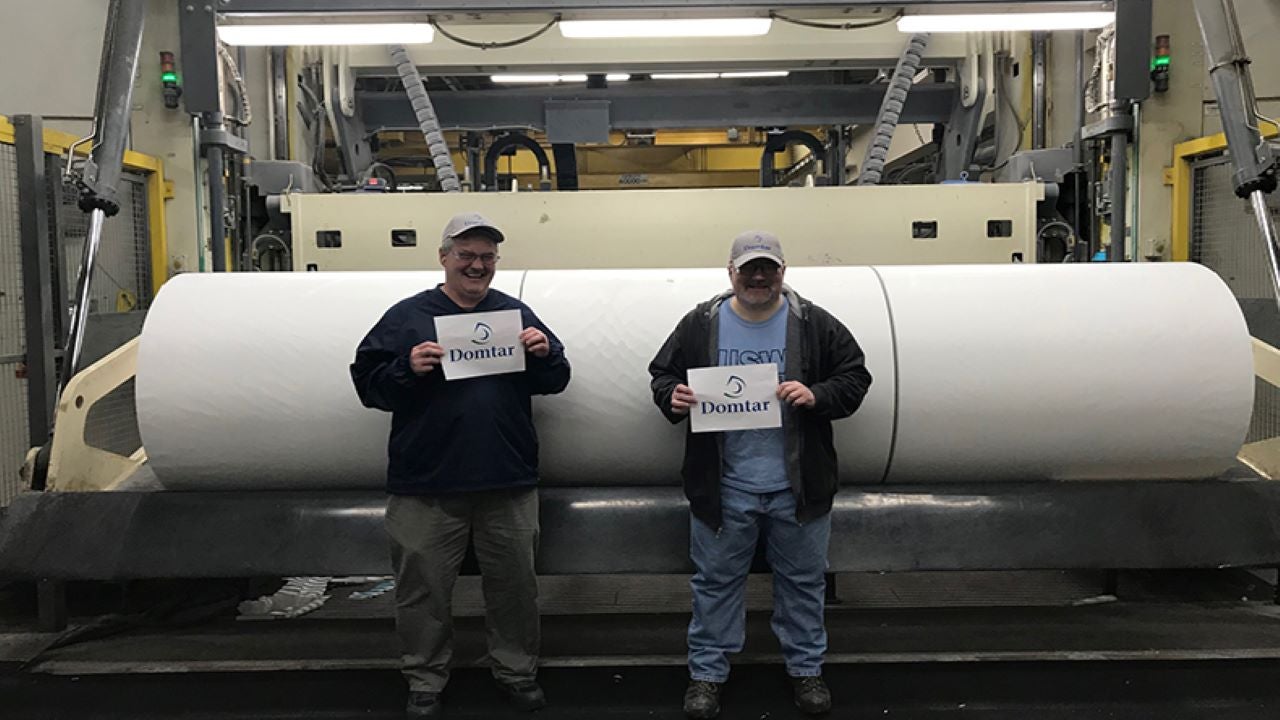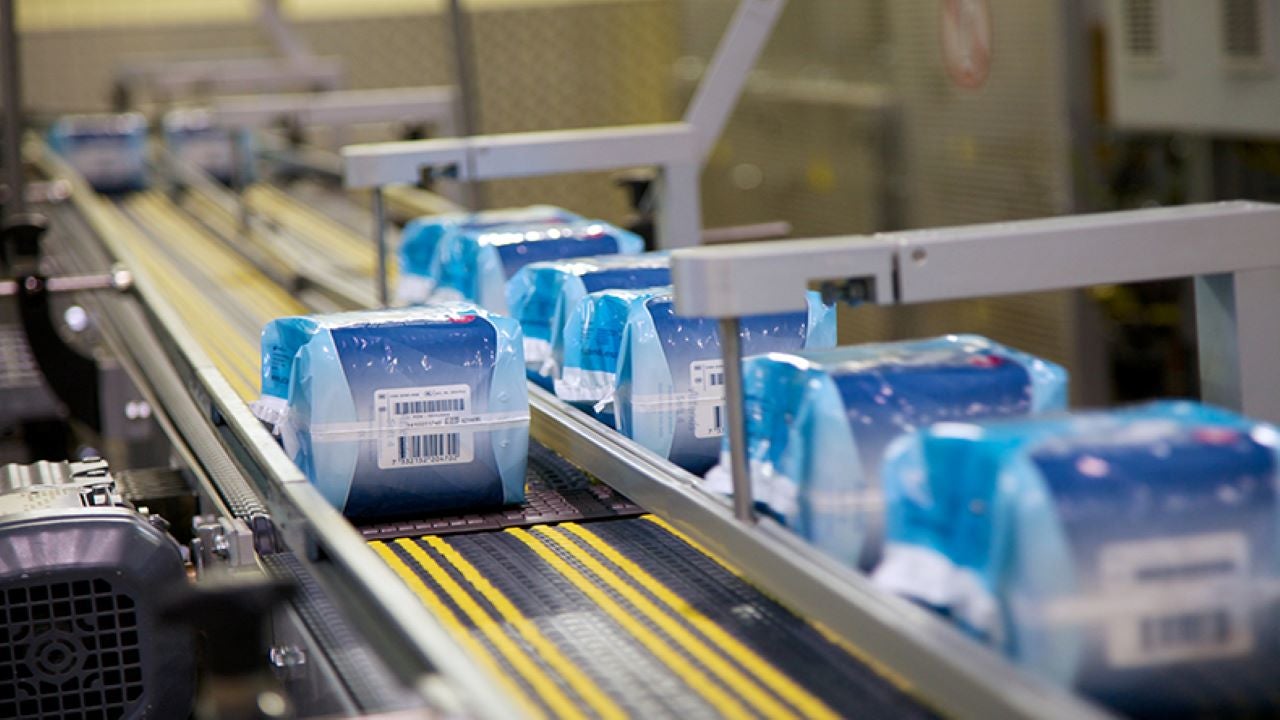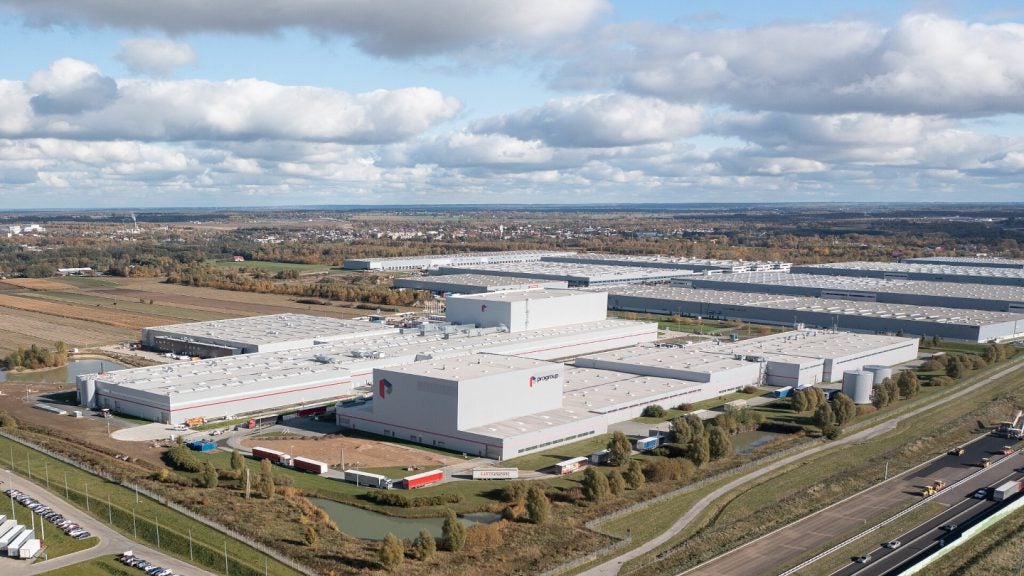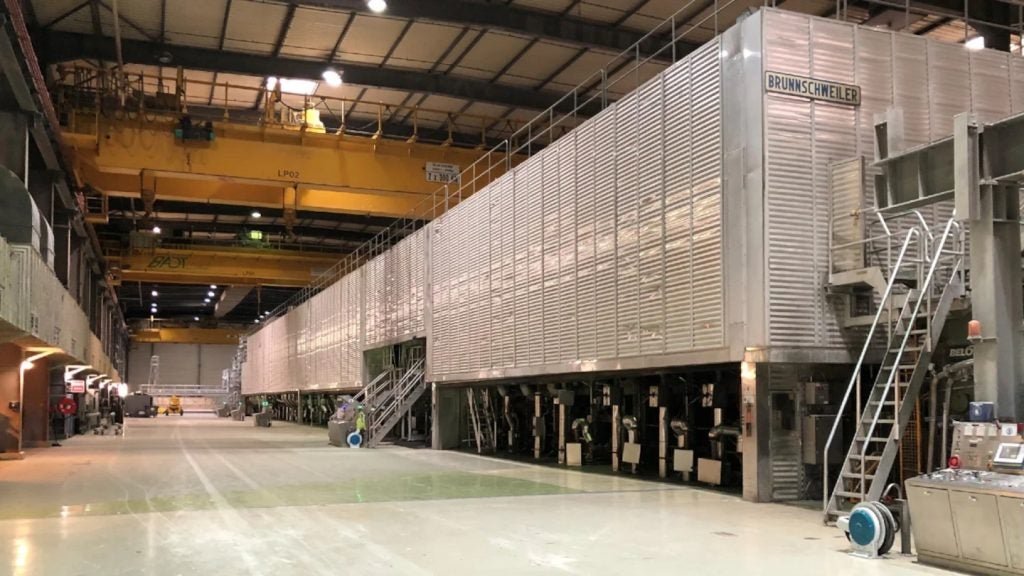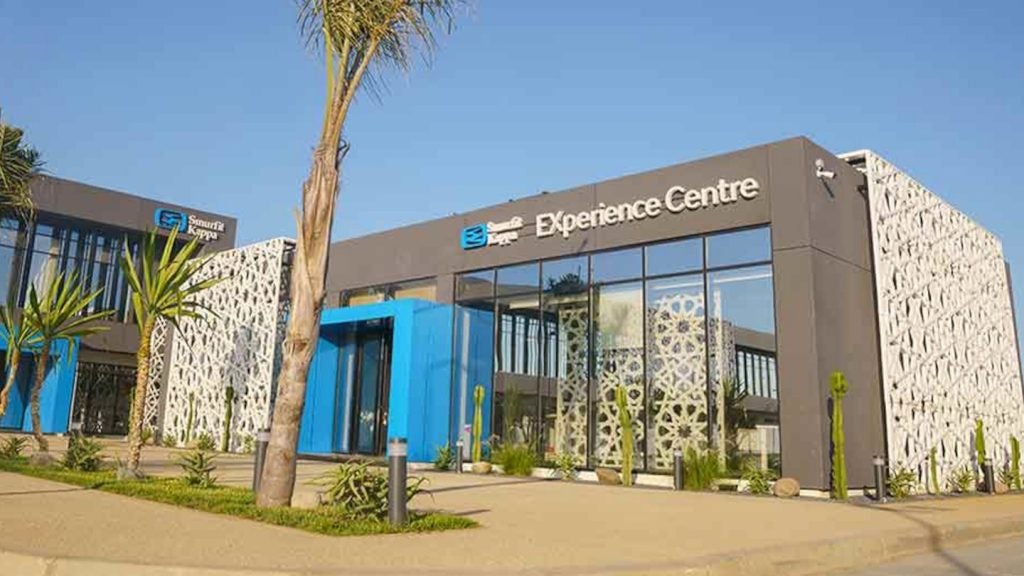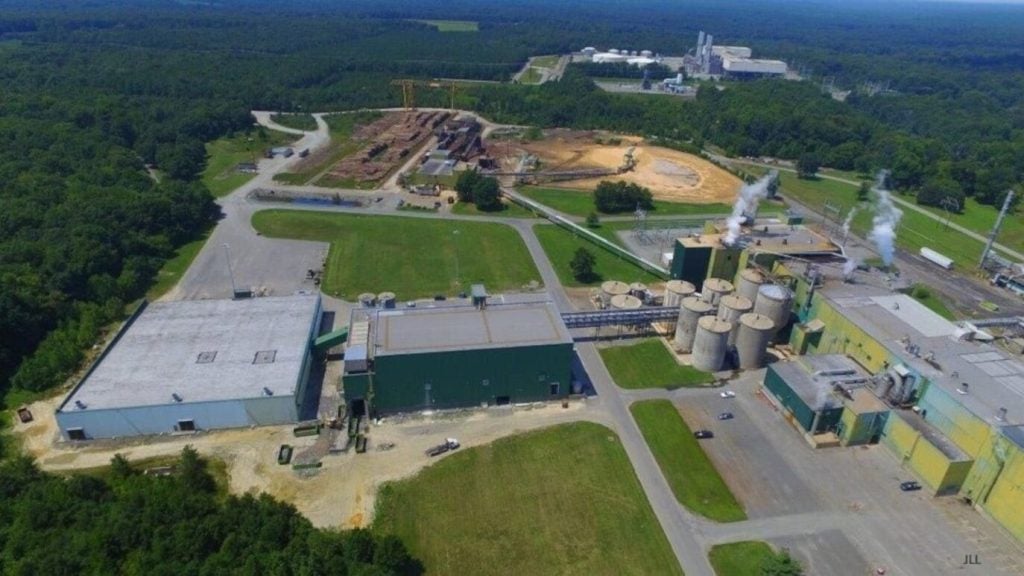Domtar Corporation will convert its paper mill in Kingsport, Tennessee, US, into a containerboard production facility.
With an estimated investment of $300m to $350m, the conversion of the Kingsport facility will be completed in the first quarter of 2023. The converted mill will create approximately 150 jobs.
The repurposing of the mill is a significant part of the company’s long-term plan to develop its containerboard business by aligning its uncoated freesheet capacity according to customer demand.
The project is being supported by the State of Tennessee and NETWORKS Sullivan Partnership.
Domtar’s containerboard production facility location
The production facility in Kingsport is located favourably in Southeastern US, which makes it easily accessible to more than 60 independent box makers across the region, accounting for approximately four million tonnes of annual containerboard demand.
The company can source raw materials from 72 recovered paper suppliers in 116 locations within a seven-state radius of the facility.
Domtar’s containerboard production facility details
The project will involve the construction of a new warehouse and the remodelling of an existing paper mill building for manufacturing containerboard products. It will facilitate the company to enter into a growing market with a low-cost and highly competitive asset.
The facility will have annual capacity to produce and commercialise 600,000t of high-quality recycled liner board and corrugated medium upon completion. The enhanced capability will make the facility the second-largest recycled containerboard mill in North America.
Details of the existing facility
Established in 1916, the Kingsport pulp and paper mill has the economic impact of approximately $714m in the region.
The paper mill features machinery with the capability to produce approximately 4,500ft per minute and utilises up to 100% of its manufacturing waste.
Sustainability features implemented by the company
The company is focused on the optimisation of carbon-neutral biomass fuel usage to enhance operational energy efficiency. Approximately 72% of the energy utilised in the company’s mills are generated from renewable biomass, particularly from wood processing and pulping byproducts.
Domtar has reduced greenhouse gas emissions from its pulp and paper mills by 19% since 2010 by replacing the older coal systems with natural gas systems. The company is one of the most carbon-efficient pulp and paper manufacturers across the world.
Domtar’s mills are mostly fuelled by renewable energy and the company has set public goals to minimise waste, water and greenhouse gas emissions.
Domtar Corporation’s product portfolio
The company offers a range of pulp products such as Lighthouse® Fluff Pulp, Papergrade Pulp, Speciality Pulp and Engineered Absorbent Materials.
The broad category of uncoated papers includes printing and digital papers, high-quality office papers and innovative converting and speciality papers.
Domtar’s paper brands include Xerox®, EarthChoice®, ImagePrint®, Willcopy® Cougar®, Lynx® and Husky®.
The products in the personal care segment include adult incontinence products, products for infants and children and other absorbent hygiene solutions. The product offerings in the personal care products range include brands such as Attends, Indas, and My Comfees®.
Marketing commentary on Domtar Corporation
Domtar Corporation is a paper mill company based in the US. It provides a range of fibre-based products that include communication, pulp, speciality and packaging papers and personal care products such as baby diapers.
The company is one of the largest producers of market pulp in the world. It has been a trusted and innovative pulp supplier for more than 60 years.
The company employs approximately 10,000 people, serving more than 50 countries across the globe. It operates through 28 manufacturing facilities in different locations, of which 13 pulp and paper mills and 11 manufacturing facilities provide a combined capacity of approximately 2.7 million tonnes of papermaking and 1.5 million air-dried metric tonnes (ADMT) of market pulp capacity annually.

